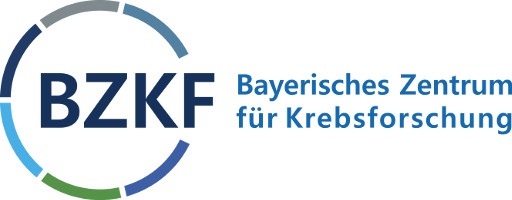In addition to the translation groups that prepare and accompany clinical trials in the core, the clinical study groups take over the implementation of the clinical trials. Clinical study groups can be grouped around a specific methodology or focus on treating a disease at a specific stage. Often, however, the clinical study groups are a mixture of both. In terms of content, the clinical study groups apply the following measures and instruments:
- Rapid and effective testing of innovative, translational approaches from the research laboratories and development departments of the University Hospitals for the prevention, diagnosis and treatment of cancers with a focus on networked pilot studies (Phase-I/II).
- Validation of promising approaches from Phase I/II study concepts in targeted Phase III Medicines Act (AMG) or Medical Devices Act (MPG) studies also in cooperation with local industrial partners.
- Networked patient-related research with the aim of reviewing and further developing research hypotheses, especially in the development of biomarkers or other predictive features.
- Epidemiological review of the efficacy and tolerability of new measures for early detection, prophylaxis, diagnosis and treatment of cancers.
- Investigation of the quality of life of patients with cancer with a focus on networked “outcome” studies using epidemiological data.
- Rapid integration of new knowledge into everyday care after a positive assessment by the networked “outcome” studies.
With this structure, the BZKF thus closes the gap between the findings of basic research and the resulting improvement in the established health care of cancer patients. The Bavarian Centre for Cancer Research forms the basis for effective patient-related cancer research and the clinical implementation of innovative treatment concepts developed in Bavaria in compliance with the Medicines Act (AMG) and medical devices act (MPG).

